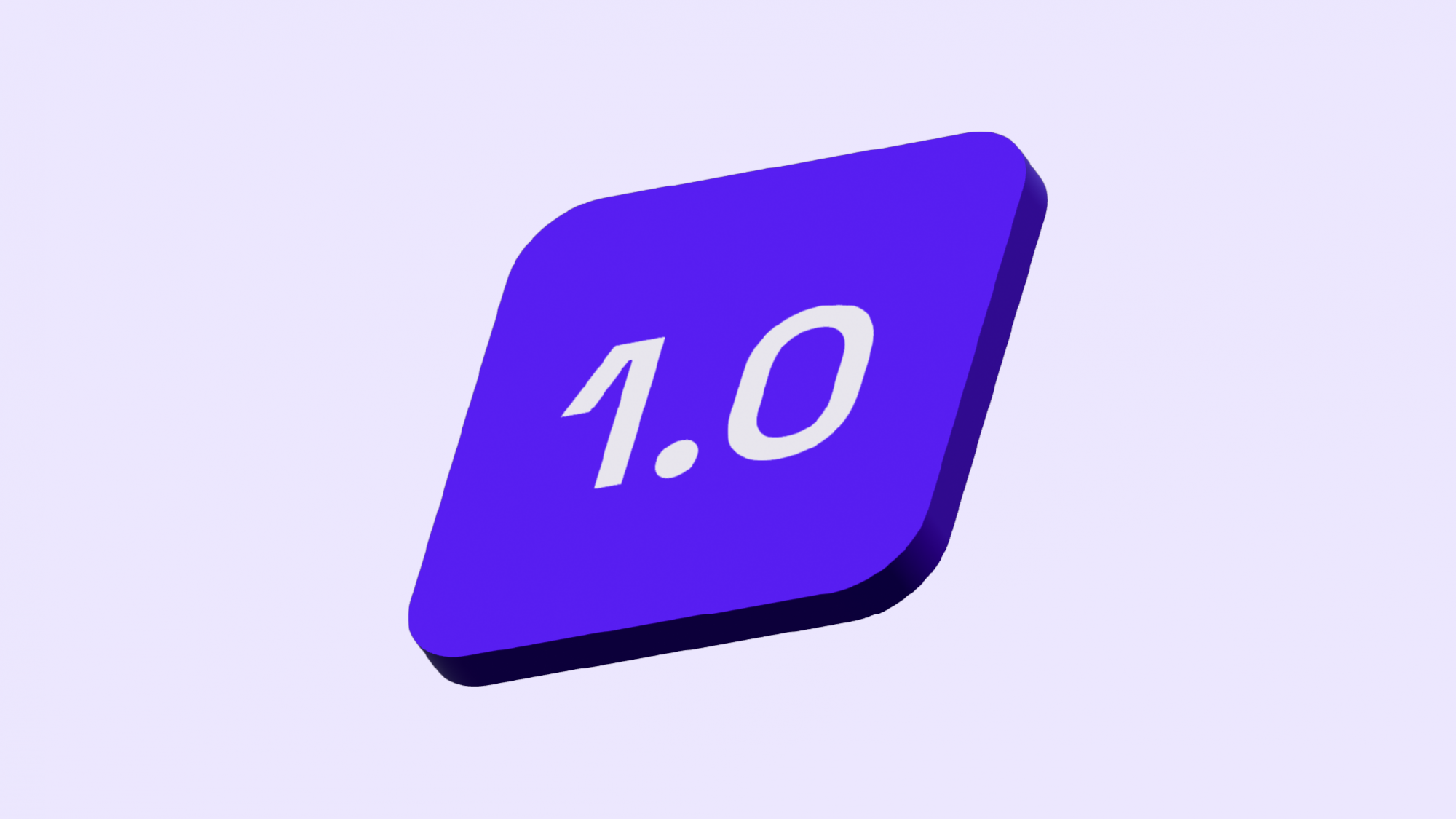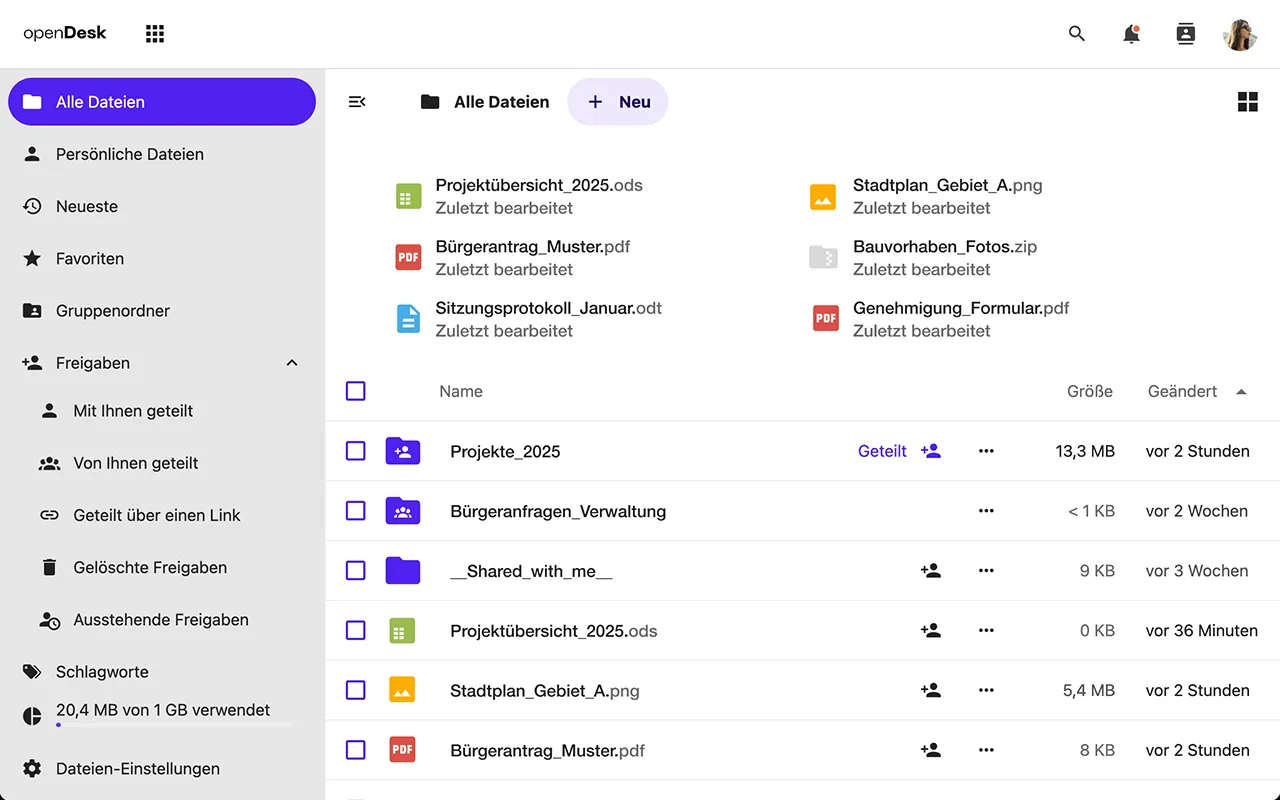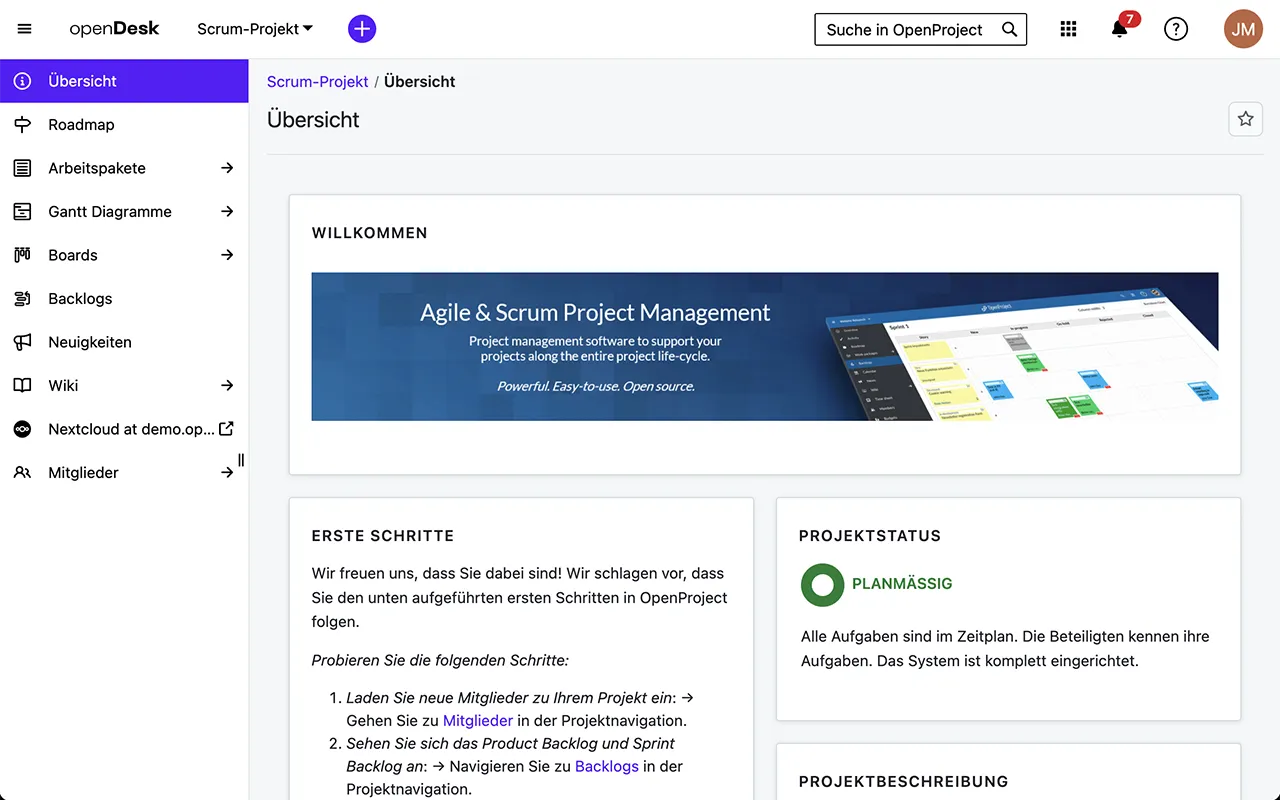Public sector digital sovereignty: openDesk 1.0 successfully launches at Smart Country Convention
The digital transformation of government services took a significant leap forward at this year's Smart Country Convention. ZenDiS unveiled openDesk 1.0, a comprehensive open-source collaboration suite developed specifically for public administration. Beyond just software, it represents a fundamental shift towards technological independence and a new approach to digital governance in Europe.
ZenDiS


